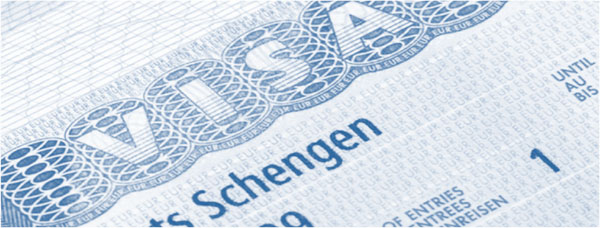
The recent press conference for Belarusian journalists tackled issues of security and the facilitation of visa issuance. Biometric data will be stored for 59 months and used in all subsequent visa applications, regardless of place of submission. Spend one minute giving your personal data and it is then available to every consulate and embassy within the Schengen system.
Rodolphe Richard, who heads Political, Press and Information Section at the EU Delegation in Belarus, reassured those who already have multiple entry visas that they will remain valid. The EU representative notes that there may be initial queues, as a great many people arrive to give their biometric details (including those travelling with groups from agencies) but he promises that it will be a ‘temporary inconvenience’, which will ‘subside quickly’.
Some exemptions will be made: children under 12 years; citizens physically unable to attend; heads of state; members of government; and monarchs and members of royal families. However, if a diplomat lacks visa-free access to a country, data must remain in the database. From June 23rd, all others will need to submit their prints.
Interpol won’t have access to the fingerprint database at present, but the European police will eventually receive access to the system’s alphanumeric and biometric data, as well as information on all applications and ‘answers’ (stored for 5 years). No detailed dossiers are planned to be created.
By Svetlana Devyatkova











